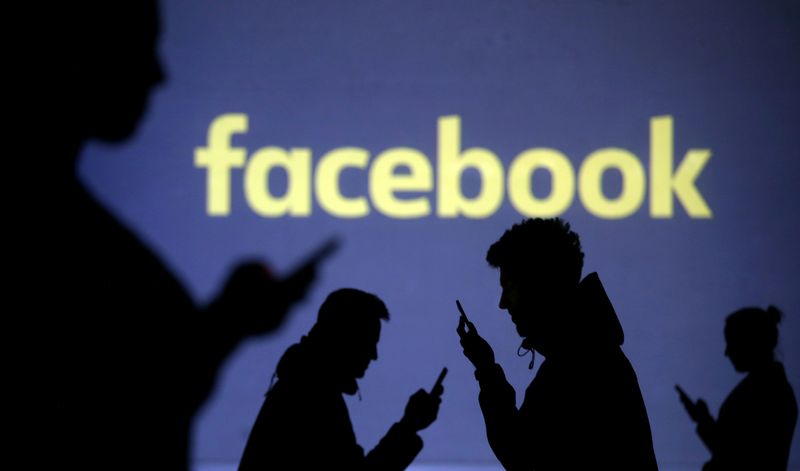By Joseph Menn
(Reuters) - Facebook Inc (O:FB) said Tuesday it had removed a network of inauthentic Chinese accounts that were interfering in Asian and American politics, including some that posted material supporting and opposing U.S. President Donald Trump.
The social networking company said it suspended 155 accounts on its main platform along with six Instagram accounts. The most widely followed accounts and pages were in the Philippines, where they shared content supporting China’s actions in the contested South China Sea and President Rodrigo Duterte.
The U.S. accounts had fewer followers and posted content fueling both sides of the American election that will be held on Nov. 3, the company said.
Facebook cybersecurity policy chief Nathaniel Gleicher said that the takedown was the company's first of Chinese-based accounts on foreign-interference grounds with any engagement in U.S. politics. But he said the American accounts and groups seemed aimed mainly at building an audience.
"The volume of content is so low, it's very hard to assess what their goal is," Gleicher said.
Trump and his intelligence officials have said China was favoring Democratic challenger Joe Biden, while Democrats in Congress have said Russia is being more aggressive.
The Chinese embassy in Washington did not respond immediately to an email seeking comment.
The network of accounts, pages and groups used virtual private networks and other tools to make it appear they were operated from somewhere other than China, Facebook said.
Fewer than 3,000 people followed the fake American pages, while more than 100,000 accounts tracked those in Philippines.
The operation's U.S. assets, added between May and August, included a group called Biden Harris 2020 that had around 1,400 members and one called Trump KAG 2020 that said it supported Trump’s re-election and had just three members, according to analysis firm Graphika, which studied material from Facebook.

In Philippines, accounts supported both Duterte and his daughter, who might run to succeed him in 2022. They also criticized Rappler, an independent media group that is a frequent target of the Duterte government.